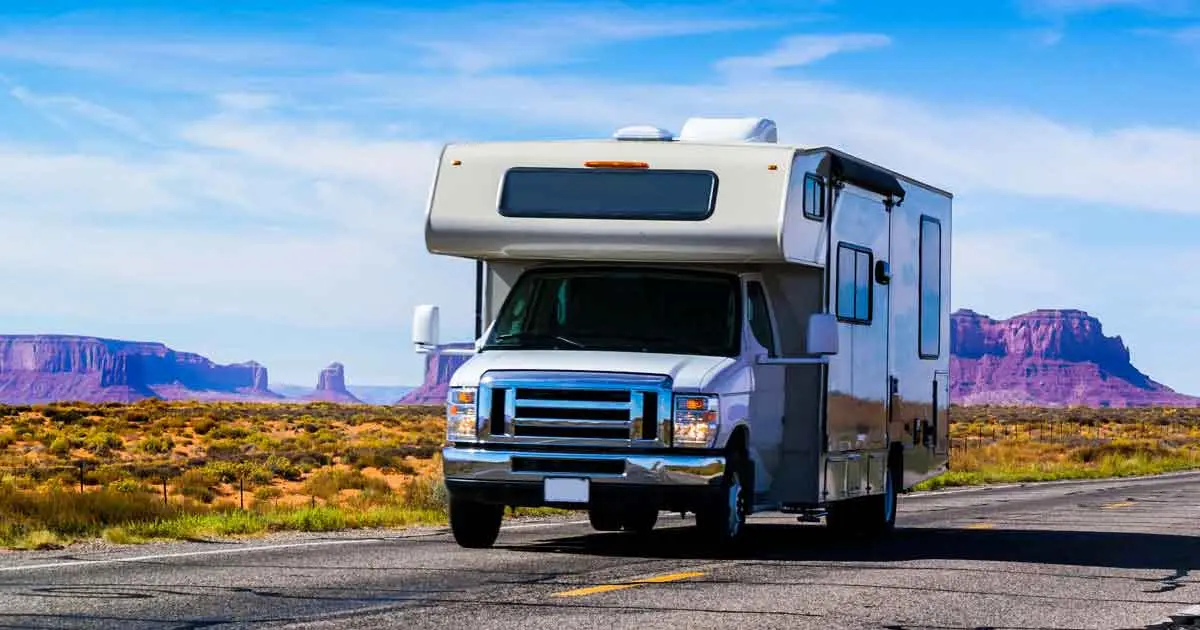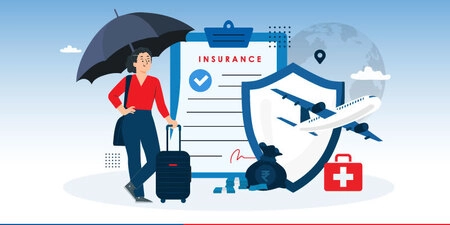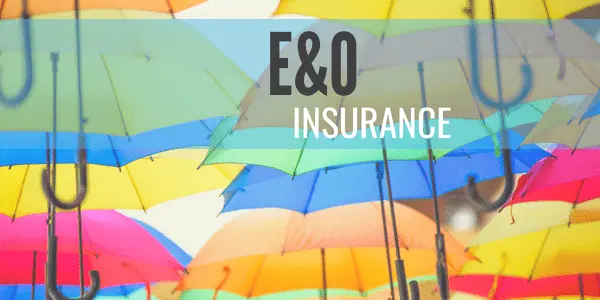
Embarking on a journey in your RV is an exciting and liberating experience, offering the freedom to explore new destinations and create unforgettable memories. However, amidst the thrill of adventure, it's crucial not to overlook the importance of RV insurance. Whether you're a full-time RVer or an occasional traveler, having the right insurance coverage is essential to protect your investment and provide peace of mind on the road. In this comprehensive guide, we'll delve into the world of RV insurance, covering everything you need to know to make informed decisions and ensure you're adequately protected.
Understanding RV Insurance
RV insurance is a specialized type of coverage designed specifically for recreational vehicles, including motorhomes, travel trailers, fifth wheels, and camper vans. While some aspects of RV insurance may resemble auto insurance, such as liability coverage and collision protection, there are unique considerations to take into account due to the nature of RV travel.
Types of Coverage
- Liability Coverage: This protects you in the event that you're responsible for causing injuries or property damage to others while operating your RV. It typically includes bodily injury and property damage liability.
- Comprehensive and Collision Coverage: Similar to auto insurance, comprehensive coverage protects against damage to your RV resulting from incidents such as theft, vandalism, fire, or natural disasters. Collision coverage covers damage sustained in a collision with another vehicle or object.
- Uninsured/Underinsured Motorist Coverage: Provides coverage if you're involved in an accident with a driver who lacks sufficient insurance coverage to fully compensate you for injuries or damages.
- Personal Belongings Coverage: Protects your personal belongings, such as clothing, electronics, and appliances, that are stored in your RV. This coverage is particularly important for full-time RVers who carry valuable items on board.
- Emergency Roadside Assistance: Offers peace of mind by providing services such as towing, fuel delivery, tire changes, and locksmith assistance in the event of a breakdown or emergency while on the road.
Factors Affecting Insurance Costs
Several factors can influence the cost of RV insurance, including:
- Type of RV: The size, value, and class of your RV will impact insurance rates. Class A motorhomes typically have higher premiums due to their size and luxury features, while smaller trailers may be more affordable to insure.
- Usage: How you use your RV – whether it's for occasional vacations or full-time living – can affect insurance costs. Full-time RVers may require specialized coverage and therefore pay higher premiums.
- Driving Record: Your driving history, including any accidents or traffic violations, can influence your insurance rates. A clean driving record may qualify you for lower premiums.
- Location: Where you store and use your RV can also impact insurance rates. Factors such as crime rates, weather risks, and state insurance regulations can vary by location and affect premiums accordingly.
Choosing the Right Coverage
When selecting RV insurance, it's essential to evaluate your unique needs and consider factors such as your budget, level of coverage required, and the reputation of the insurance provider. Working with a trusted insurance agent or broker can help you navigate the options and tailor a policy to suit your specific circumstances.
Best RV Insurance Plans in the USA
- Progressive RV Insurance: Progressive is well-regarded for its customizable RV insurance policies, offering coverage options tailored to fit the needs of RVers, including full-time RVers. They provide a range of coverage options, including liability, collision, comprehensive, personal belongings, and roadside assistance.
- Good Sam RV Insurance: Good Sam specializes in RV insurance and is highly rated among RV enthusiasts. They offer a variety of coverage options, including total loss replacement, full-timer's coverage, emergency expense coverage, and extended coverage for personal belongings and equipment.
- National General RV Insurance: National General provides specialized RV insurance coverage designed to protect your investment on the road. Their policies include features such as full replacement cost coverage, disappearing deductibles, and optional roadside assistance.
- GEICO RV Insurance: GEICO offers RV insurance policies with customizable coverage options to meet the unique needs of RV owners. Their coverage includes liability, collision, comprehensive, uninsured/underinsured motorist, and roadside assistance.
- Allstate RV Insurance: Allstate offers RV insurance policies that provide comprehensive coverage for various types of recreational vehicles, including motorhomes, travel trailers, and fifth wheels. Their policies include features such as liability, collision, comprehensive, personal belongings, and emergency roadside assistance.
- Farmers RV Insurance: Farmers Insurance offers RV insurance policies with flexible coverage options to protect your RV and personal belongings while on the road. Their coverage includes liability, collision, comprehensive, personal effects replacement, and emergency roadside assistance.
When choosing an RV insurance plan, it's essential to compare coverage options, deductibles, premiums, and customer reviews to find the best fit for your needs. Additionally, consider factors such as the type of RV you own, how you use your RV, and any additional coverage features you may require for peace of mind on your travels.
RV insurance is a vital component of responsible RV ownership, providing protection and peace of mind for your travels. By understanding the types of coverage available, factors influencing insurance costs, and how to choose the right policy, you can ensure you're adequately protected on the road. Whether you're planning a weekend getaway or a cross-country adventure, investing in quality RV insurance is a decision you won't regret. Safe travels!






